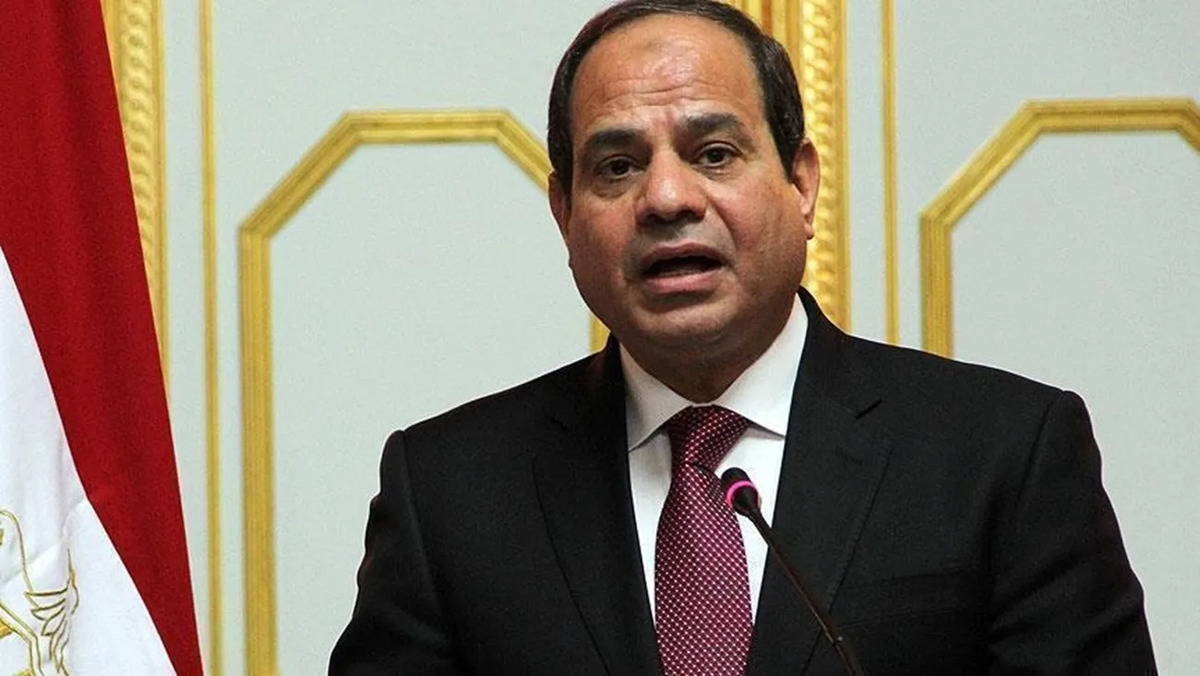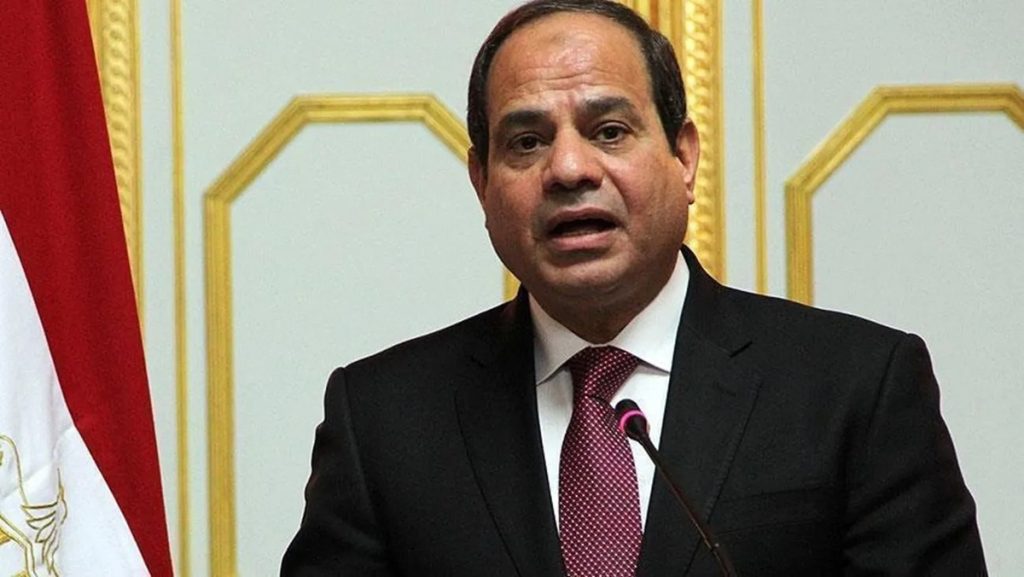Sisi is caught in a dilemma between his personal interests and those of the Gulf sheikhdoms. Supported by the armed forces and some Gulf countries, he faces great pressure due to the destruction in Gaza, placing him in a difficult position between maintaining relations with the occupation and popular pressure. Historically, Egyptian leaders like Nasser and Sadat made decisive decisions, but the current situation differs as officers control the government, leading to ill-considered decisions. The war on Gaza has put Sisi in a predicament; he wishes the war had not happened but simultaneously seeks to maintain his relationship with the occupation, reflecting the weakness of his position in the face of events. Pressures on the Egyptian regime increase due to popular anger against the occupation, forcing it to respond despite attempts to preserve relations.
Despite his limited understanding, Sisi may listen to advice from his security apparatus, indicating the presence of wise figures who might influence his decisions in this crisis. Egypt, with its deep history, needs leaders capable of fulfilling its historic role, not merely reacting to events. Ultimately, the Egyptian regime seems stuck in reactive mode, raising concerns about the future of relations with the occupation and Palestinian rights. History may move forward through the sacrifices of the Palestinian people, potentially changing the course of events in the region.














Recommended for you
Exhibition City Completes About 80% of Preparations for the Damascus International Fair Launch
Talib Al-Rifai Chronicles Kuwaiti Art Heritage in "Doukhi.. Tasaseem Al-Saba"
Unified Admission Applications Start Tuesday with 640 Students to be Accepted in Medicine
Egypt Post: We Have Over 10 Million Customers in Savings Accounts and Offer Daily, Monthly, and Annual Returns
His Highness Sheikh Isa bin Salman bin Hamad Al Khalifa Receives the United States Ambassador to the Kingdom of Bahrain
Al-Jaghbeer: The Industrial Sector Leads Economic Growth